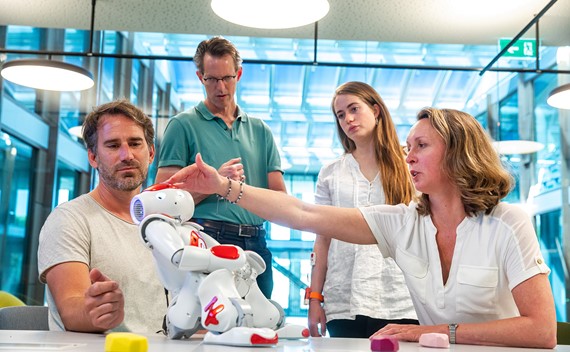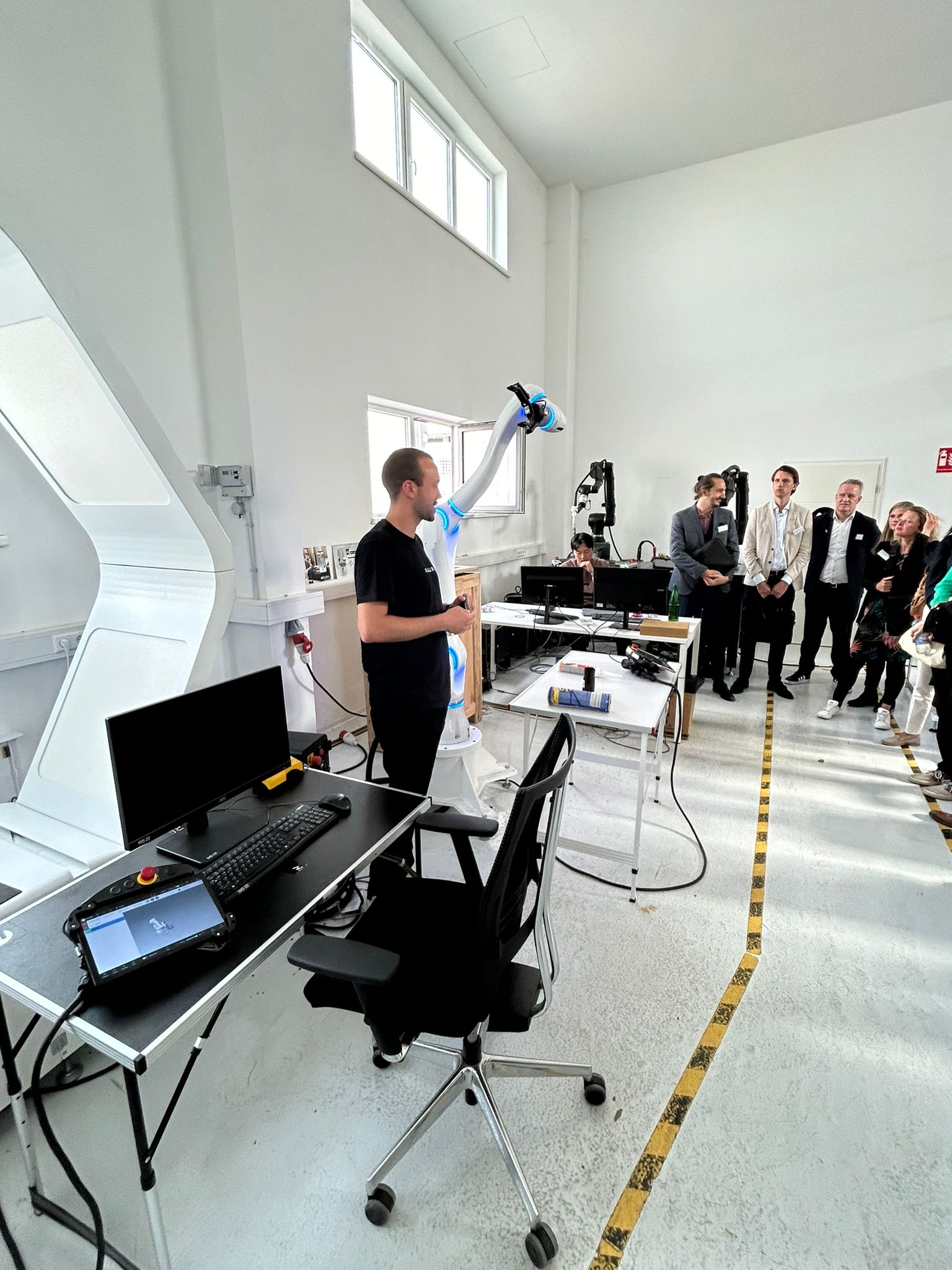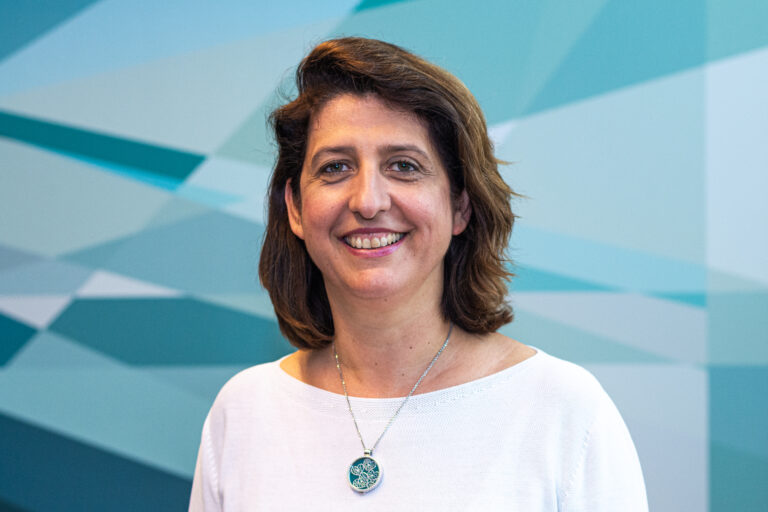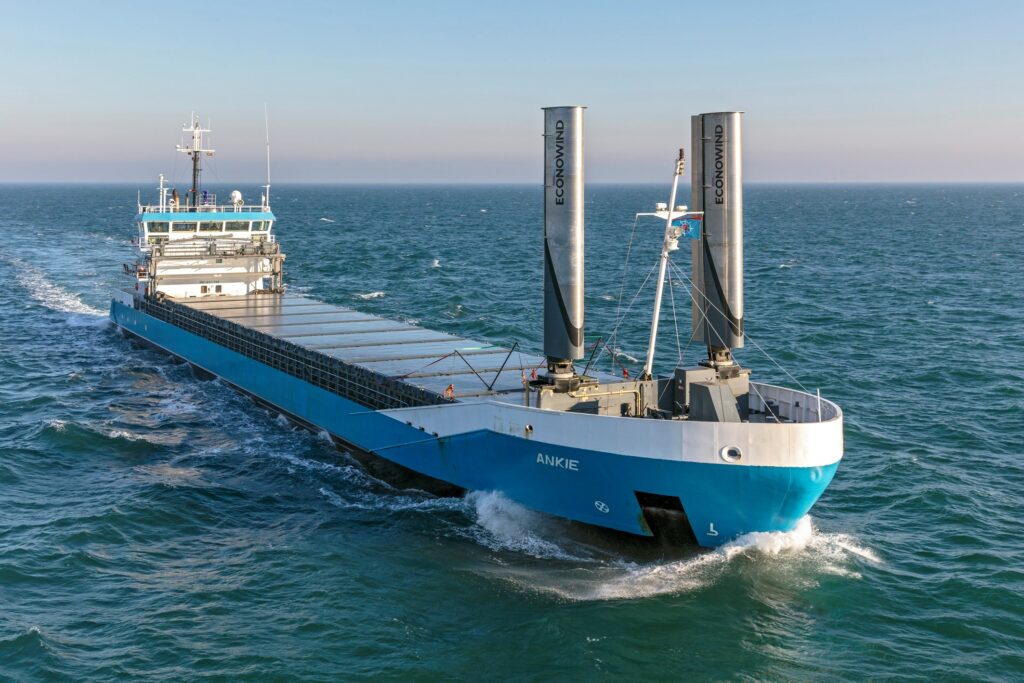What social challenge in AI is being tackled?
The ELSA Lab focuses directly on United Nations Sustainable Development Goal 4. This SDG states: ‘Ensure inclusive and equitable quality education and promote lifelong learning opportunities for all’. Additionally, it helps SDG 3, ‘Ensure healthy lives and promote well-being for all at all ages’. Good education and lifelong learning tools help you develop your talents to the maximum, as well as letting you reflect about a healthy life for yourself and others. It also helps achieve SDG 5, ‘Achieve gender equality and empower all women and girls’. The solutions developed by this ELSA Lab undergo the strictest ethical tests when it comes to the inclusivity of all the learning activities offered.
What type of solution is offered to the end user?
Innovative AI solutions are used to assist people and children so that everyone can participate in society as fully as possible and help it grow. Together with the quadruple helix parties involved, the aim is to create and improve concrete products that help every person develop as an individual, with extra attention for vulnerable groups. Examples include applications that help everyone learn to read and products that help people of all ages and backgrounds find suitable jobs, learning tools and assessment tools or training.
What AI methods or technologies are used in the studies?
The ELSA Lab is already using well-developed and reliable AI algorithms to increase the effectiveness of products. It aims to increase knowledge about human learning and share it widely, both in education and on the shop floor at work.
Is there cooperation with other sectors?
The ELSA vision, mission and goals have a wider appeal than just the quadruple helix partners, ethicists, lawyers, sociologists and AI staff. More than 80 highly diverse partners want to work according to the design thinking method and participate in ELSA challenges to help solve the real-world problems experienced by the participants.
What is the ultimate success this ELSA Lab can achieve?
A national network of ‘Living Labs’ with the ELSA quality mark that help solve multidisciplinary ELSA issues about lifelong learning by using AI and that actively promote the empowerment of people who want to learn; at any age, in the Netherlands and elsewhere. Additionally, ELSA Lab for Learning with AI aims to help improve products and procedures or launch them with an ELSA quality mark, so that participating people, companies, governments, schools and start-ups can visibly use it and propagate the social impact.
Awarded the NL AIC Label
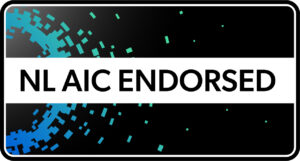 The Netherlands AI Coalition has developed the NL AIC Label to underline its vision for the development and application of AI in the Netherlands. An NL AIC Label formally recognises an activity that is in line with the aims and strategic goals of the NL AIC and/or the quality of that activity. The NL AIC would like to congratulate the ELSA Lab for Learning with AI!
The Netherlands AI Coalition has developed the NL AIC Label to underline its vision for the development and application of AI in the Netherlands. An NL AIC Label formally recognises an activity that is in line with the aims and strategic goals of the NL AIC and/or the quality of that activity. The NL AIC would like to congratulate the ELSA Lab for Learning with AI!
More Information?
If you’re interested in how this ELSA Lab develops further, please visit the lab’s website. You can contact the following people if you have any questions:
- Harold Bekkering, Radboud University
- Dorien Wellen, Radboud University
If you would like more information about human-centric AI and the ELSA concept, please go to this page.
